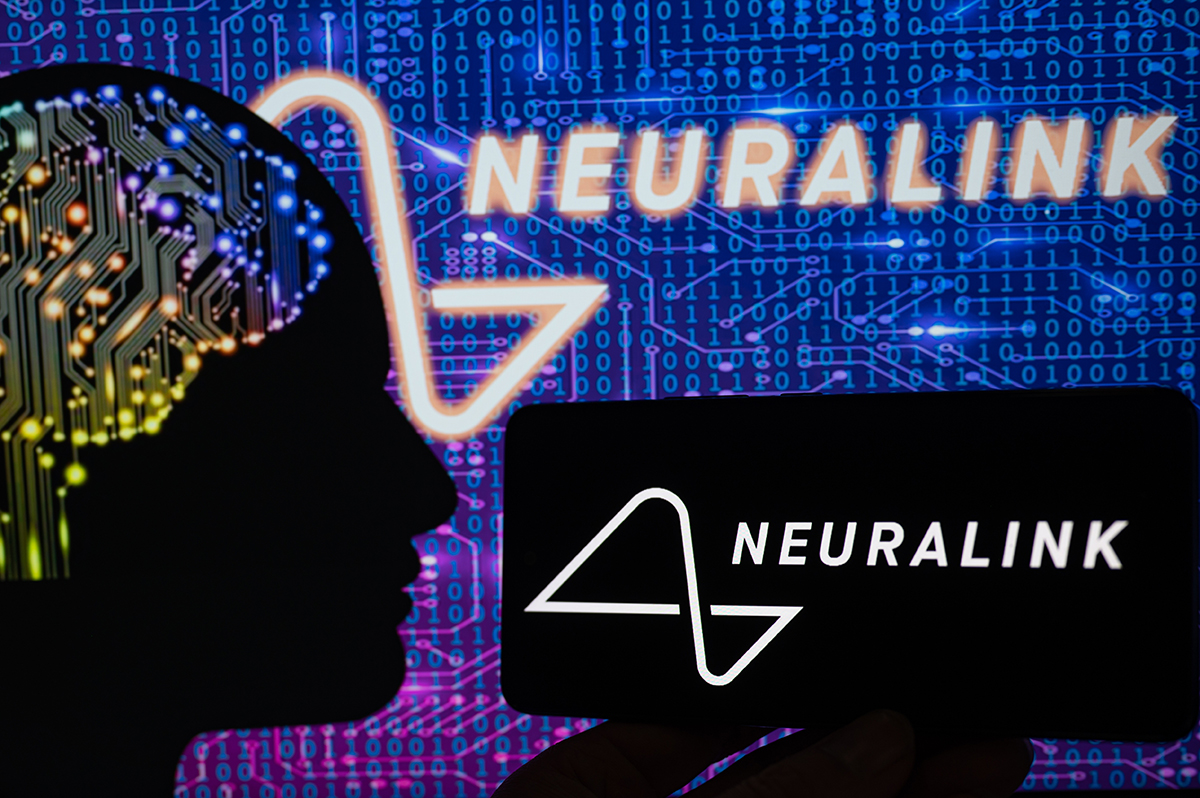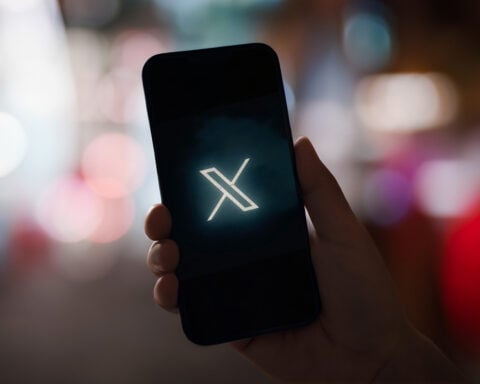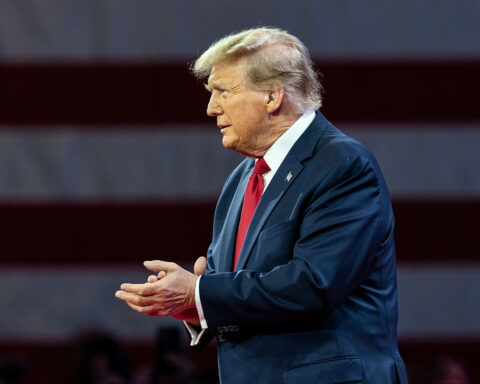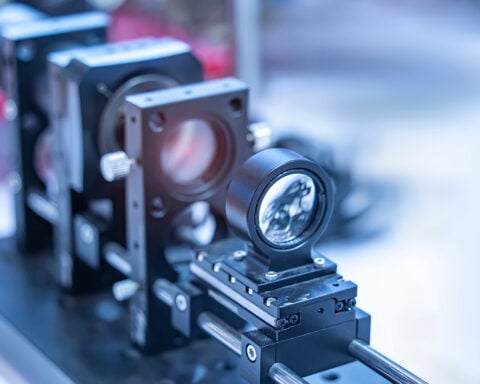In an unprecedented stride toward integrating technology with the human brain, Neuralink, the brain chip implant startup founded by Elon Musk, encountered a setback as its inaugural test subject faced an unforeseen challenge mere weeks after undergoing the procedure. Noland Arbaugh, paralyzed from the neck down since 2016, volunteered as Neuralink’s first human participant, undergoing the brain chip implantation in January as part of the PRIME Study – a trial aimed at evaluating the safety and functionality of the pioneering technology.
Shortly post-implantation, Neuralink disclosed an unexpected development: some of the chip’s connecting threads had retracted from Arbaugh’s brain, hampering the implant’s data transmission speed and efficacy. Though the precise cause of this detachment remains undisclosed, the company promptly responded by refining the implant’s sensitivity, endeavoring to surmount the setback and optimize its performance.
The PRIME Study, short for Precise Robotically Implanted Brain-Computer Interface, signifies a significant stride in Neuralink’s endeavor to pioneer brain-machine interfaces. Participants in the trial undergo a surgical procedure where chips are strategically positioned in the brain’s motor control region, facilitated by a specialized robot. These chips record and transmit brain signals to an accompanying app, initially aiming to empower individuals to manipulate external devices like computers and smartphones using their thoughts alone.
Following the implantation, initial progress was promising. Within a month, Arbaugh showcased remarkable abilities, purportedly maneuvering a computer mouse with his mind – a testament to the potential of Neuralink’s technology in restoring autonomy to those with physical limitations.
Neuralink’s overarching ambition stretches far beyond mere cursor manipulation; envisioning a future where brain implants facilitate seamless interfacing between human minds and computers. By interpreting electrical signals emitted by the brain, these implants could empower paralyzed individuals to regain mobility or enable blind individuals to perceive the surrounding world. Such transformative applications hold the promise of revolutionizing the lives of countless individuals grappling with physical disabilities.
Elon Musk, the visionary behind Neuralink, has previously articulated the company’s vision, conceptualizing a product named “Telepathy” as its maiden offering. This product aims to aid individuals deprived of limb function, providing them with a means to communicate and interact with the world at the speed of thought.
Despite these remarkable strides, widespread consumer access to Neuralink’s technology remains on the horizon, pending broader regulatory endorsement. While the company has garnered clearance from the Food and Drug Administration (FDA) for trials, the recent issue encountered by Arbaugh underscores the significance of meticulous evaluation and scrutiny before such groundbreaking technology can permeate the broader market.
Neuralink’s odyssey toward realizing its ambitious vision encounters challenges and setbacks. However, the company’s resolute commitment to innovation and its resolve to surmount obstacles portend a promising future for brain-machine interfaces. As Neuralink continues to push the boundaries of what’s achievable, the prospect of seamlessly integrating human cognition with advanced technology draws nearer, offering hope and potential to individuals worldwide.







